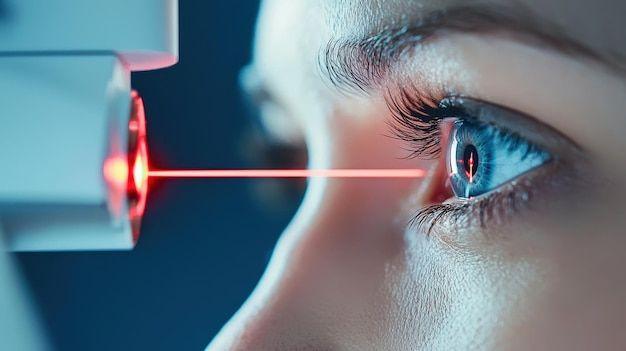
Benefits and Challenges of Medical Tourism
Medical tourism, the practice of traveling abroad to seek medical treatment, has become increasingly popular in recent years. This trend is driven by various factors, including cost savings, access to advanced treatments, and shorter waiting times. However, like any form of international travel for healthcare purposes, medical tourism comes with its tourism to help individuals make informed decisions about their healthcare options. Benefits of Medical Tourism: Cost Savings: One of the primary reasons individuals opt for medical tourism is the potential for significant cost savings. Treatment costs in countries like India, Thailand, and Mexico can be substantially lower than those in Western countries due to lower labor and operational costs, as well as differences in healthcare infrastructure and regulatory standards. Patients can undergo procedures such as elective surgeries, dental treatments, and cosmetic procedures at a fraction of the cost they would incur in their home countries. Access to Advanced Treatments: Medical tourism allows patients to access advanced treatments and specialized procedures that may not be available or affordable in their home countries. Countries like Germany, Singapore, and the United States are renowned for their cutting-edge medical technology, innovative therapies, and world-class healthcare facilities. By traveling abroad for treatment, patients can benefit from the expertise of leading medical professionals and state-of-the-art equipment, enhancing their chances of a successful treatment outcome. Shorter Waiting Times: In many countries with publicly funded healthcare systems, long waiting times for elective surgeries and specialized treatments can be a significant barrier to timely healthcare access. Medical tourism offers patients the opportunity to bypass lengthy waiting lists and receive prompt treatment. By scheduling procedures in countries with shorter waiting times, patients can avoid delays in diagnosis and treatment, reducing the risk of disease progression and improving their overall health outcomes. Quality of Care: Contrary to common misconceptions, medical tourism destinations often provide high-quality healthcare services that meet or exceed international standards. Many hospitals and clinics catering to medical tourists are accredited by reputable organizations such as the Joint Commission International (JCI) or the International Organization for Standardization (ISO), ensuring adherence to strict quality and safety protocols. Patients can expect to receive personalized care, comprehensive medical evaluations, and attentive support throughout their treatment journey. Challenges of Medical Tourism: Language and Cultural Barriers: Language and cultural differences can pose challenges for medical tourists, particularly when seeking healthcare in countries where English is not widely spoken. Miscommunication between patients and healthcare providers can lead to misunderstandings regarding treatment options, risks, and post-operative care instructions. Patients may also encounter cultural differences in healthcare practices, norms, and patient-provider interactions, which can affect their overall treatment experience. Travel Risks and Logistics: Traveling abroad for medical treatment involves inherent risks and logistical challenges, including long-distance travel, jet lag, transportation issues, and accommodation arrangements. Patients may experience travel-related stress, fatigue, and discomfort before and after their procedures, which can impact their recovery process. Moreover, unforeseen travel disruptions such as flight delays, visa issues, or natural disasters can disrupt treatment plans and add to the overall complexity of medical tourism. Quality Assurance and Legal Protections: While many medical tourism destinations uphold high standards of care, patients may encounter issues related to quality assurance, patient safety, and legal protections in certain countries. Differences in healthcare regulations, licensing requirements, and malpractice laws can affect patients' recourse in the event of medical negligence, complications, or disputes with healthcare providers. Patients should carefully research the legal and regulatory frameworks governing healthcare in their chosen destination and consider purchasing medical travel insurance for added protection. Post-Treatment Follow-Up and Continuity of Care: After returning home from medical tourism trips, patients may face challenges in accessing post-treatment follow-up care and maintaining continuity of care with their local healthcare providers. Communication between international and domestic healthcare providers may be limited, making it difficult to coordinate ongoing medical management, monitor treatment outcomes, and address any post-operative complications or concerns. Establishing a clear plan for post-treatment follow-up and communication is essential to ensure seamless care transitions and optimal patient outcomes. In conclusion, medical tourism offers a range of benefits and opportunities for patients seeking affordable, accessible, and advanced healthcare services abroad. However, it also presents challenges related to language barriers, travel logistics, quality assurance, and continuity of care. By weighing the pros and cons, conducting thorough research, and working closely with reputable healthcare providers, patients can make informed decisions about embarking on their medical tourism journey and maximize the potential benefits while mitigating the associated risks.





.png&w=3840&q=75)